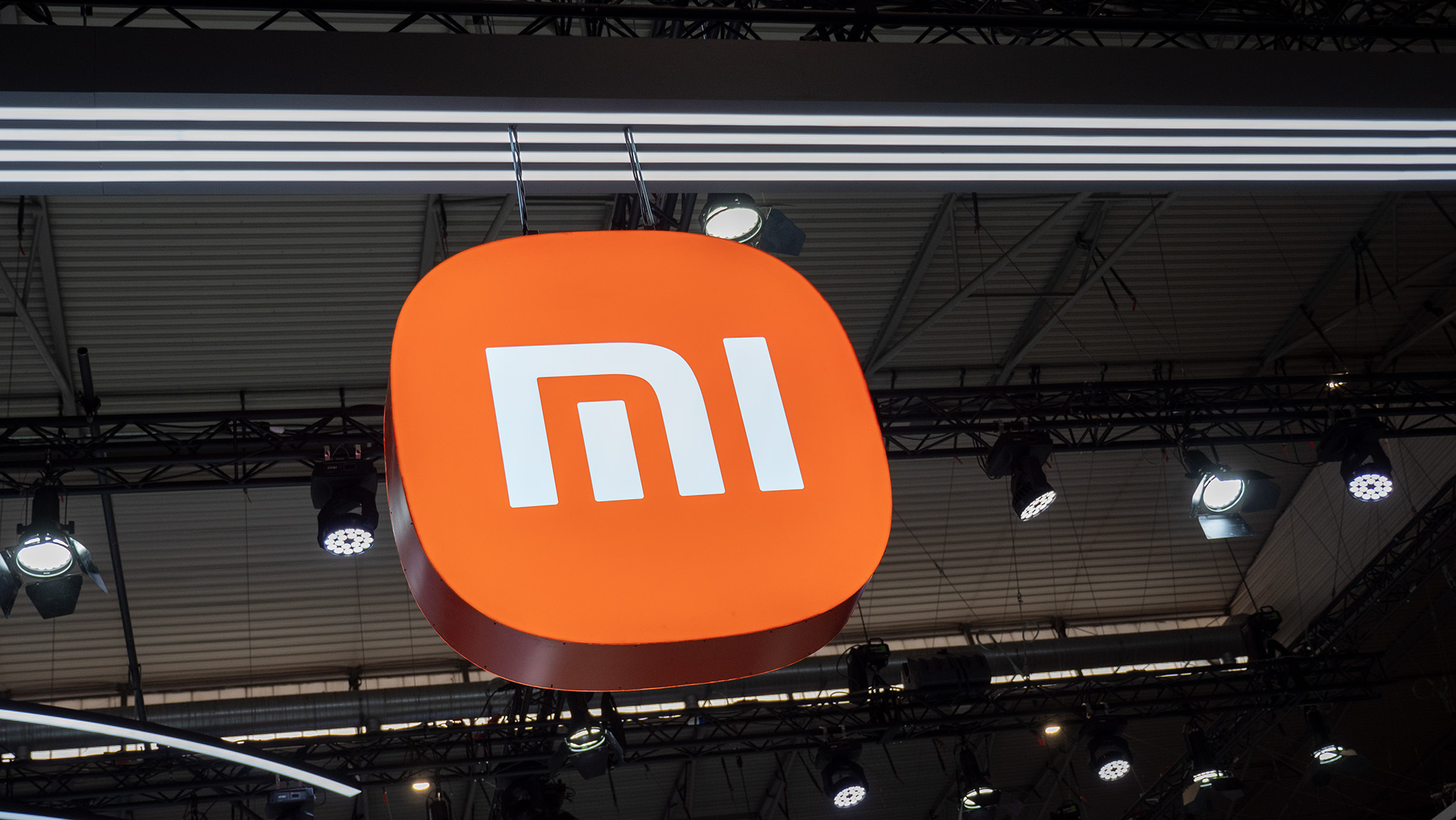Xiaomi Takes Bold Steps Towards In-House Chip Development

Xiaomi, the renowned Chinese original equipment manufacturer, has reportedly made significant moves to bolster its ambitions for in-house chip production. According to recent reports, the company has internally communicated the formation of a new "chip platform department" that aims to facilitate its aspirations for custom chip development. This initiative marks a pivotal step for Xiaomi as it seeks to reduce its reliance on external chip suppliers for its future devices.
At the helm of this new department is Qin Muyun, who previously served as Qualcomms senior director of product marketing. His extensive experience in the semiconductor industry positions him as a key figure in steering Xiaomis chip-making journey. He is expected to report directly to Li Jun, the general manager of Xiaomi's product department, ensuring that the new division aligns with the company's overall strategic goals.
The news about Xiaomi's ambitions for in-house chip development is not entirely new. Back in November, it was reported that the company was contemplating an investment of around 30 billion yuan (approximately $4.1 billion) by 2025 to support its chip creation efforts. This investment underscores Xiaomi's long-standing desire to become more self-sufficient and less dependent on major players like Qualcomm and MediaTek, with whom they have historically collaborated on System-on-Chip (SoC) technologies.
As part of its strategy, Xiaomi is reportedly looking to develop a custom chip that could potentially include a Cortex X925 core running at 3.2GHz, similar to the specifications seen in MediaTek's Dimensity 9400 SoC. However, there are indications that other cores in the chip may come from older generations, leading analysts to speculate that Xiaomi might initially reserve this chip for mid-range devices rather than its flagship offerings.
Xiaomi's push for in-house chip production is not only a strategic maneuver but also a reflection of the company's broader vision articulated by its Chairman and CEO, Lei Jun. He has consistently emphasized the importance of technological independence and innovation, asserting that investing in chip technology is vital for the company's future competitiveness.
As Xiaomi navigates this ambitious project, it may find itself looking towards TSMC, the world's largest dedicated independent semiconductor foundry, for manufacturing support. This is reminiscent of Google's shift from Samsung to TSMC when developing its own chips. While the specifics of Xiaomi's first custom chip remain unclear, industry experts suggest that we could see a prototype enter mass production as early as late 2025, with widespread availability potentially following in 2026.




















